Mumble Rap & The Decline of Hip-Hop
Rapper Lil Uzi Vert released his debut album “Luv Is Rage 2” on Aug. 25, 2017, a work that fails to live up to the classic hip hop culture his espoused genre demands. As the pop charts continue to be dominated by songs misclassified as “rap,” fewer people understand what hip-hop truly sounds like.
Origins of the Culture
Hip-hop: a culture that has influenced music, fashion, and attitude for over five decades. Rooted in rhyming over prerecorded instrumentals, rap music was born out of funk, jazz, and blues–genres that have been innovated by black Americans for generations before the first turntables were spun in The Bronx, New York City.
This popular genre had humble beginnings. It all began in small New York clubs, where a man by the name of Clive Campbell, better known as DJ Kool Herc, began scratching on popular disco records and inviting local emcees to host the events. This combination would provide the necessary ingredients to give birth to an era that would span half a century and permanently impact American culture.
Fast forward to 2017. Music that was once meant to portray the reality of the streets and offer social and political commentary is now dominated by “rappers” whose subject matter focuses on sex, drug use, and material possessions. But subject matter is only a fraction of the problem. The records being put out by the modern mumbling musicians lack any meaningful connection with the legendary culture of hip-hop, yet they continue to be associated with the monumental innovators of delivery, flow, and lyricism.
The five generations of rap music are easily grouped into five decades, which took place between the 1970s and the 2010s. Disco, Boom Bap, G-Funk, Dirty South, and Trap are just some of the major sub-genres that have evolved over the past fifty years. But now, the rap genre as a whole has been bastardized by this latest phenomenon: mumble rap.
An art form that once combined vocabulary and wordplay to amplify a message has devolved into the auto-tuned vocals, shallow production, and witless rhymes that are characteristic of today’s rap radio hits. Furthermore, some current “artists” openly show contempt for their musical forefathers.
Hip-Hop Today
When asked to freestyle on New York’s Hot 97 radio show, host Ebro Darden played Lil Uzi Vert the instrumental to the song “Mass Appeal,” which was one of DJ Premier’s many historic singles.
“I’m telling you right now if you pull up one of them old beats, I’m not rapping on it. Straight up. You see me bro? I am a rockstar. I’m not rapping on that old type stuff,” Uzi Vert said. “Your friends will be disappointed, all the old guys. My fans won’t be disappointed, they get it.”
Of course, the following freestyle was composed of bars that ended with “yuh,” or words that rhymed with themselves.
How can the seemingly vague title of “mumble rap” be explained? It is reciting auto-tuned sentences that seldom rhyme (rhyming a word with itself does not qualify) over simplistic 808 drum beats in unintelligible English. The abundance of this music has welcomed a booming market that is predominantly consumed by suburban white youth. Hiphop heads don’t understand why it is so popular, but most fans claim they listen to it for one reason–it’s catchy.
The fact of the matter is, both the artists and fans of mumble rap alike could care less about hip-hop as a culture. This suggests a major threat to the future of the music and an even larger threat to the legacy of those who made it the massive historic movement it has evolved into.
Mumble Rappers’ Response to Criticism
When criticized by those with expertise in hip-hop, most mumble rappers respond with the excuse that they are simply the next generation of innovators who are pushing boundaries like those who came before them.
“See I feel like all these old a** n****s need to stop hating on the young youth… I feel like honestly people need to just suck it up and understand rap ain’t the same no more,” twenty-year-old Georgia mumble rap superstar Lil Yachty recently told Ebro Darden of Hot 97. “I don’t have to spit a f***** cold sixteen no more… If I wanna say yuh the whole track and it turn up people because the beat turnt, f*** it. I’m making a song called ‘yuh.’”
This mentality is shared by the vast majority of mainstream rap artists. Yachty recently signed to Quality Control Music, an Atlanta record company that hosts an almost exclusively mumble rap lineup. Migos, Rich the Kid, and OG Maco are a few of the artists earning top dollar for this enterprise.
“Rap came as a way of innovation. It was beyond the understanding of n****s who made rock and blues and pop and them 8 bit a** records and all that b******t. And n****s that advanced it past something and now when the next generation don’t ask nobody for permission just like y’all didn’t, now we supposed to respect the OG’s? F*** the OG’s,” said OG Maco during an interview with DXHQ in September of 2016.
Innovation of Mumble Rap
The resounding irony of their pathetic rationalization is that innovation is impossible without evolution.
“If you’re not evolving the right way you’re not evolving at all. If you’re not changing to something better, you’re just losing what you already had,” said Savic, an independent Chicago artist and battle rapper of Serbian descent.
Rappers don’t have to remain in the past for the sake of maintaining the culture. As a matter of fact, they shouldn’t. Retrogression is no different than negative progression. But, they do have to grow from those roots to be relevant to the game they wish to play.
Rap means, simply, rhythm and poetry. An artist can push the boundaries of the genre without sticking to the verse-chorus- verse-song format. Sixteen line verse composition has been reformed regularly, especially by emcees like Daniel Dumile, who is better known as MF DOOM. An artist can revolutionize the genre without using the conventional blueprint to writing rap music; hip-hop has seen it happen time and time again.
RUN D.M.C., Eric B. and Rakim, N.W.A., Eminem, and Kanye West are all hip-hop pillars who left a permanent impact on rap while preserving fundamental elements of the art form. They also have footholds in different eras, proving that every generation is one that can be pushed forward.
Mumble rappers simply do not progress the craft. Listening to an hour-long playlist will reveal to any listener, even if they’ve never heard rap music in their life, that it is repetitive, dull, corny, and moronic.
“All hip-hop nowadays looks like one long video and one long record. It all sounds alike, it all looks alike, it has the same elements and ingredients. The old school will always be the best period for hip-hop… We all were the same people, but we had different expressions and presentations,” Darryl McDaniels, founding member of RUN D.M.C., said to FACT magazine in August of 2013. “This hip-hop thing is culture, it’s a way of life, it’s alive and breathing.”
True Hip-Hop Culture Lives Today
Good hip-hop still exists. It’s alive and well, and it’s being made by independent musicians all across the world. The only reason why it isn’t as famous as it should be is because it isn’t advertised nearly as much as mumble rap, if at all.
Chance the Rapper, Tyler the Creator, Joey Bada$$, Logic, and Kendrick Lamar are all young musicians who are relevant, bold, innovative, and genuine. They display true hip-hop to the latest generation of fans while earning the respect of their predecessors, despite sharing their era with mumble rappers. But they lack the visibility enjoyed by their less talented, mumbling peers.
Rap has experienced a controversial divide between new and old. This is due to 1) improper classification of sub-genres; 2) radio airplay advertising mumble rap as real hip-hop; and 3) fans simply not knowing the difference. Whatever the reasons may be, one fact remains: mumble rap is simply not rap, and it has no place in the world of hip-hop.
It doesn’t take a seasoned hip-hop head to tell the difference between what is and isn’t legitimate in terms of the music, but it does take a conversant fan to understand the significance of commemorating, preserving, and enriching the culture that is treasured by millions across the globe.
Music develops over time. Evidently, the changes mainstream hip-hop has made over the past few years undermine the genre and neglect this historically significant movement.


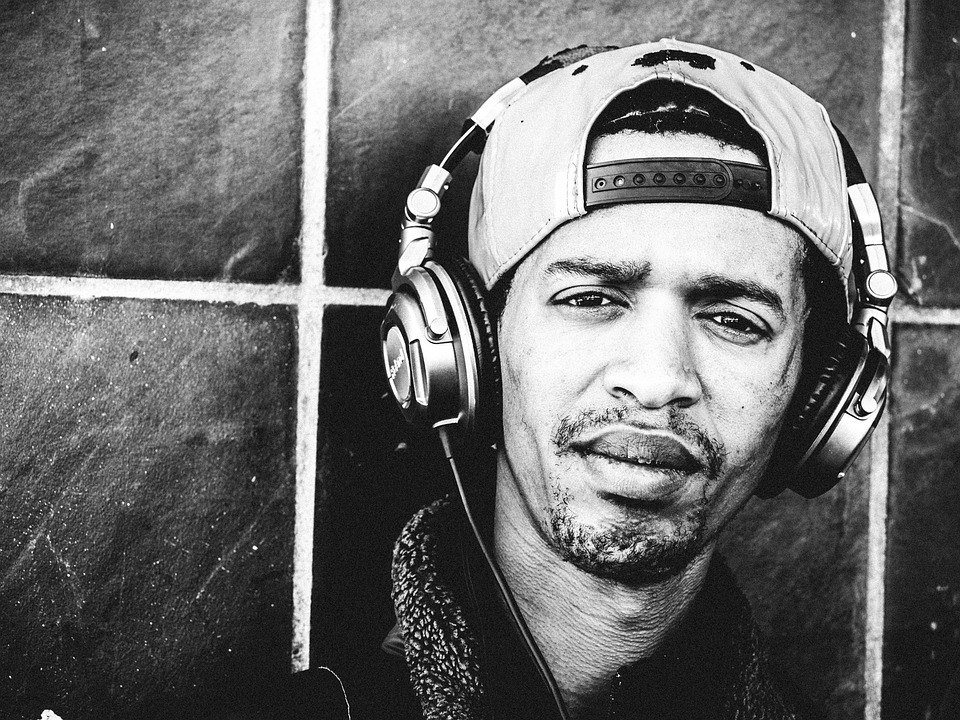
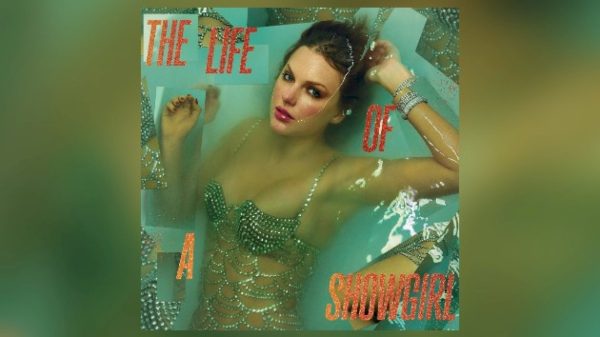
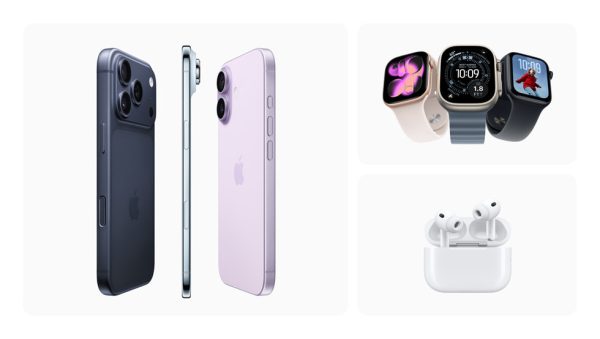
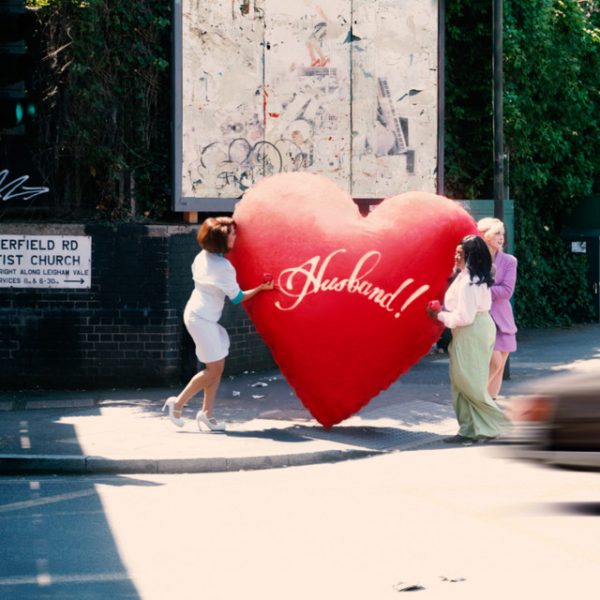
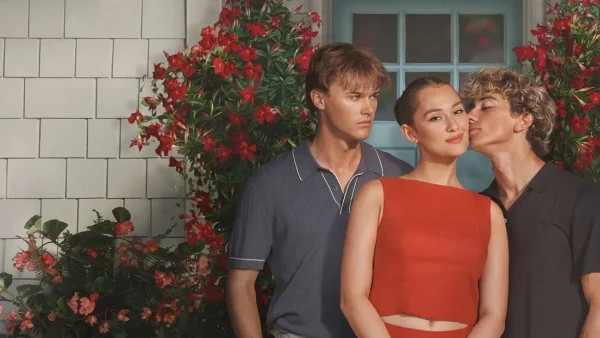
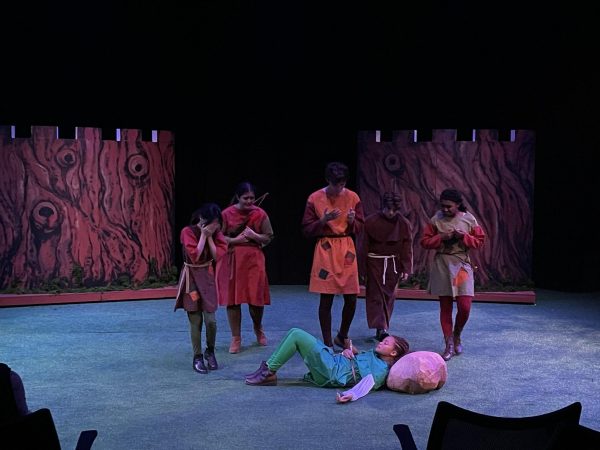
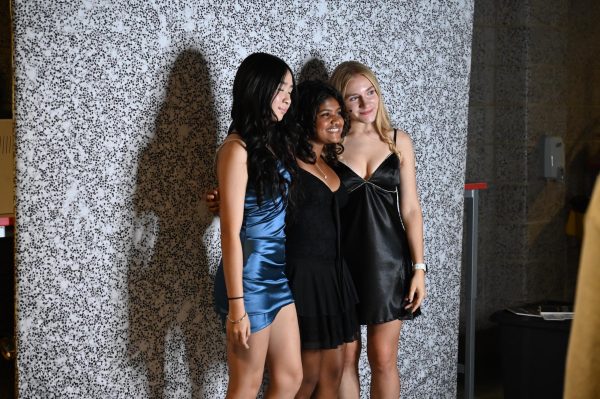
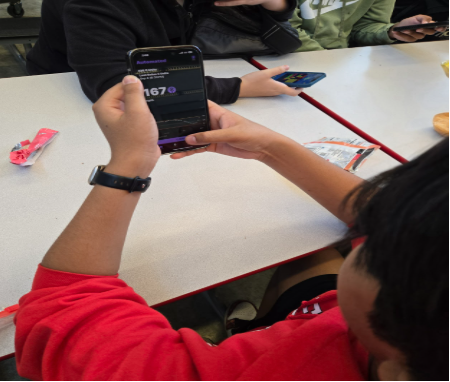

Toby • Jun 20, 2018 at 6:46 AM
I agree with you whole-heartedly! I mean, I’m surely hoping this fades away into the abyss… it’s JUST NOT MUSIC. It’s gibberish made by KIDS who will look back on their brief careers (hopefully) and think “damn, why did I tattoo so many 69’s on my face?!?”
Rob • Mar 5, 2018 at 10:30 PM
We definitely need to start applying some rules in the music business, these people are cookie cutter clowns that need to be replaced by something on a less lower level. This is irking me not hearing legitimate talented music on the radio anymore..